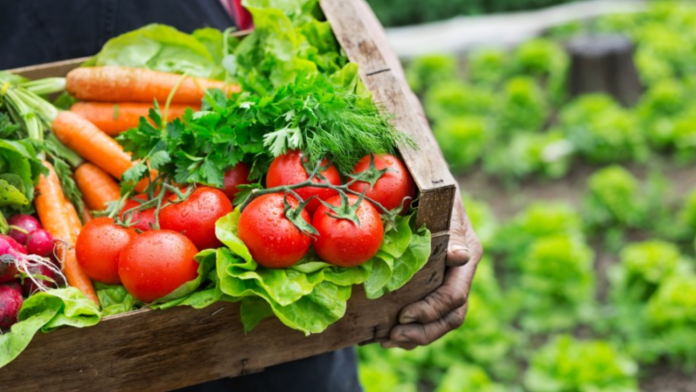The biggest players in the food and agriculture sectors have been cautioned by the Carbon Disclosure Project that a failure to implement no-deforestation/conversion policies could result in a substantial loss of $150 billion in value.
According to the latest Global Forests Report released by the non-profit organization, it has been projected that companies may face a potential loss of up to 26% in their value by the year 2030. This decline is primarily attributed to their excessive dependence on the resources provided by forests.
The CDP stated that although more companies are acknowledging the risks posed to their businesses, only a minority claim to be making progress towards eliminating deforestation from their supply chains.
The report from the NGO categorized its findings into four main industries that have the greatest potential impact on forests: materials, food, beverage and agriculture, manufacturing, and retail.
According to the report, the CDP highlighted that among the four sectors analyzed, the food, beverage, and agriculture (FBA) industry exhibited “the lowest levels of governance of deforestation.” Although the FBA industry demonstrated the second-highest percentage of ambitious targets, significant traceability, engagement in supply chain activities, and participation in conservation initiatives, it was found lacking in crucial areas such as “competent board-level oversight of deforestation,” “public company-wide no-deforestation/conversion policies,” and “comprehensive risk assessments,” as stated by the CDP.
The report indicated that over 1,000 companies reported their advancements in deforestation management through CDP in 2022, showcasing a remarkable increase of 300% since 2017.
Nonetheless, the report cautions that deforestation has the potential to become the equivalent of “new coal” in the portfolios of financial institutions. It emphasizes that companies overly dependent on forests’ resources will face significant financial, regulatory, and reputational risks as a consequence.
The report says, “The accelerating climate and nature transition and related incoming policy and demand shifts could mean that 40 of the world’s largest food and agricultural firms worth over $2trn lose up to 26% of their value by 2030, with a sector average hit of over 7%.”
The CDP argued that the potential losses mentioned earlier would arise due to several factors. These include the risks associated with companies’ excessive reliance on natural ecosystems, expensive legal actions, unfavorable regulatory changes, and increased consumer activism.
GlobalData, the analysis and intelligence group and the parent company of Just Food, has issued a new report warning about a growing trend towards more stringent environmental regulations. The report specifically highlights the implementation of new regulations in the European Union (EU) as an example of this shift.
The deforestation law being developed by the European Union (EU), which is expected to be finalized throughout the remainder of 2023, is anticipated to take effect in early 2025.
Under the forthcoming regulations, companies operating within the European Union (EU) will be restricted from selling products within the bloc unless their suppliers provide a due diligence statement. This statement must confirm that the products are not sourced from deforested areas or have contributed to forest degradation after 31 December 2020.
Companies will also have to verify that their products comply with the relevant legislation of the country of production, including on human rights, and that the rights of affected indigenous people have been respected.
The law covers cattle, cocoa, coffee, palm oil, soya, and wood as well as derivatives of these such as furniture, chocolate and leather.
“As part of their due diligence statement, suppliers must provide the longitude and latitude of the land where the product was sourced. This is on top of the EU’s proposed Corporate Sustainability Due Diligence Directive and EU Forced Labour Regulation, which would require firms to conduct due diligence on their supply chains to check for environmental harms and forced labour,” GlobalData said.





